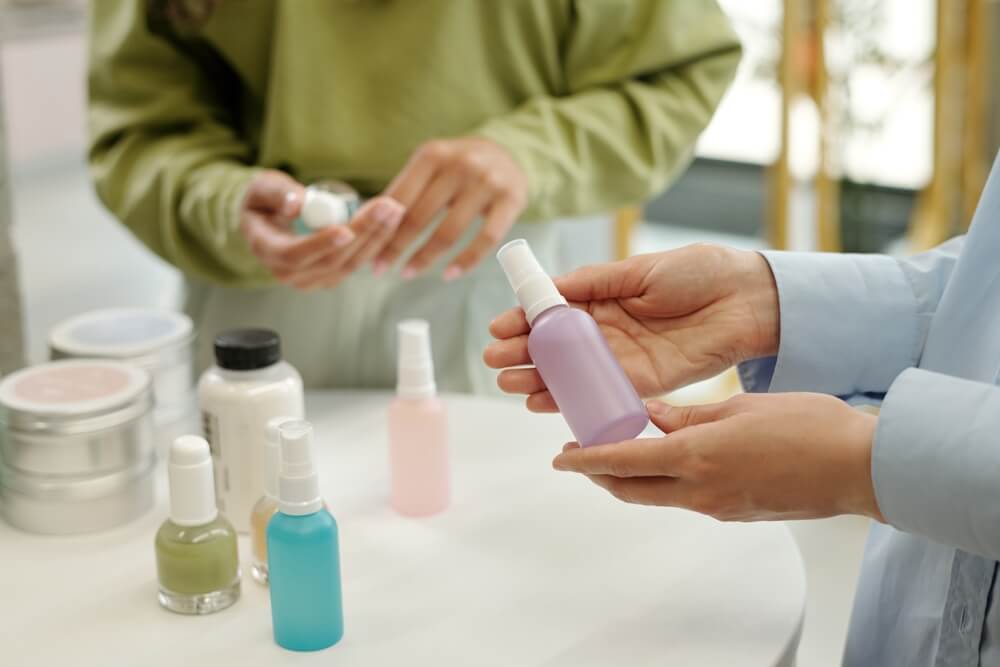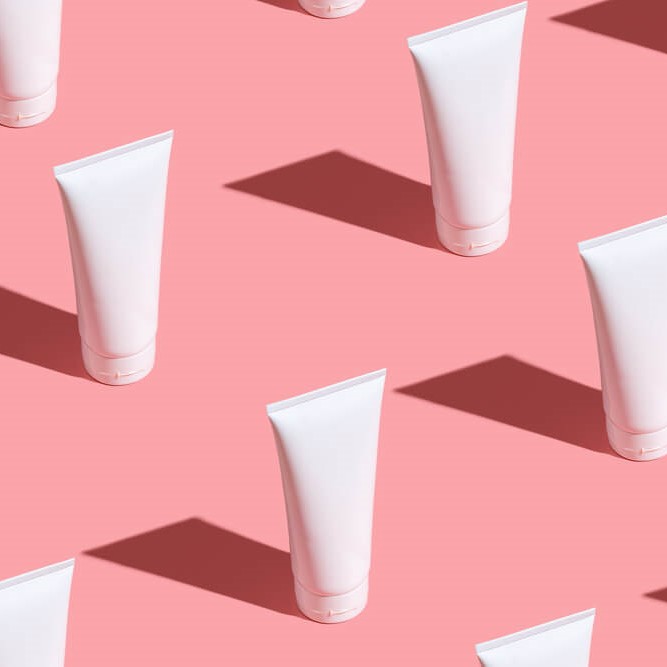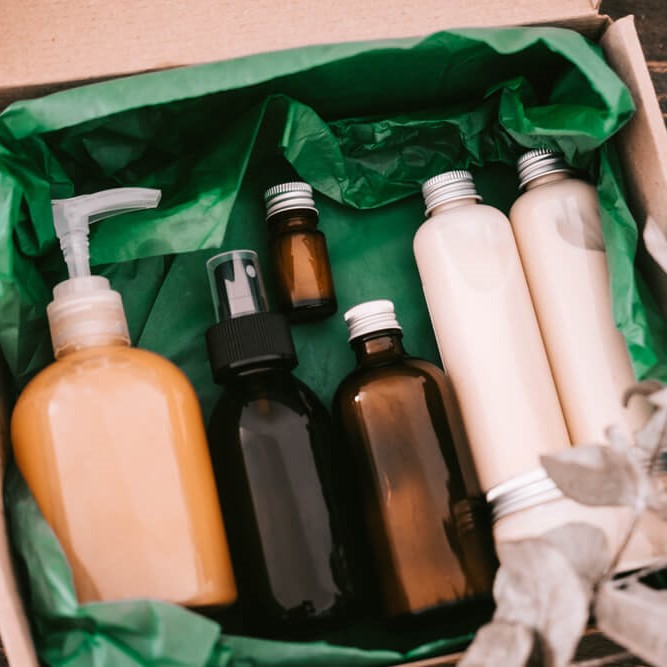One of the biggest fears that usually stops aspiring cosmetics business owners to go all-in when it comes to private labeling is — will the business even fly? Is there a future for my dream lip care business? Is there even any consumer demand for niche products, like aromatherapy?
Anxiety-inducing thoughts like these are enough to make any new entrepreneur stop in their tracks and question whether private labeling is a good idea. With so much competition in the cosmetics industry — many of them household names — is there even a chance for a new private label brand to make waves?
Well, we have great news for you. Private label customer demand is growing quite rapidly. More people are considering these products over the usual big brands. Even those who don’t know what private labeling is are probably buying these goods without knowing it. That means your private label skincare and cosmetics brand has a huge chance to flourish!
But why is private label customer demand so big now? Today, FLPL will take you through the reasons why the demand is getting higher.
What are Private Label Products?
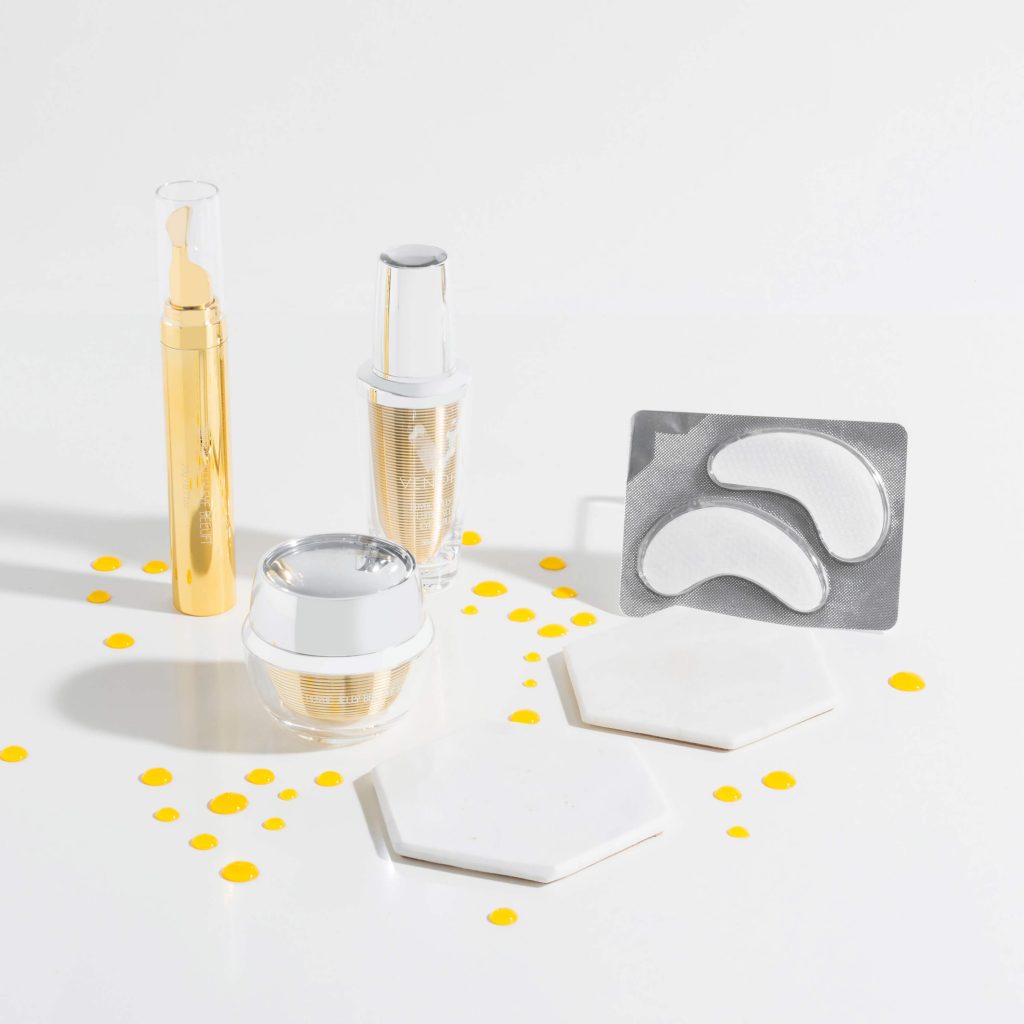
To better appreciate the rise in private label customer demand in recent times, you need to understand what private label products are in the first place.
Private labeling is the process of hiring a third-party company to manufacture your products for you. You get to call the shots about the concept, ingredients, texture, and pretty much everything else about these products. You just get the help of a manufacturing partner to make the products.
When the company is done mass-producing your goods, you package them under your proprietary label (sometimes with the help of the same company) and ship them off to your customers!
At FLPL, our services go full circle. Not only does our research and development team produce your cosmetics according to your concept, but we also help you out with your logo, marketing, packaging, and even your beauty product label.
The Demand for Private Label Goods is Growing Quickly
As you can see, private label brands are completely different from big-name brands. They’re small businesses that are a brainchild of just one entrepreneur or a lean team at most.
Logically, it should be harder for these brands to sell than prestigious brands with a household name. But recently, private label customer demand has outdone itself.
In just the last couple of years, private label customer demand has gone up. In just the first half of 2022, the sales of private brands across many categories have risen — from food products, like soups and baking mixes, to bath and body care products, like deodorant. It’s probably safe to assume that the same goes for other personal care goods too!
But why are private label brands suddenly getting more popular anyway? What are the shifts in consumer behavior that make them more attractive to buyers? Here are seven key reasons why private label customer demand has been skyrocketing.
Private Label Products Provide More Value for Money
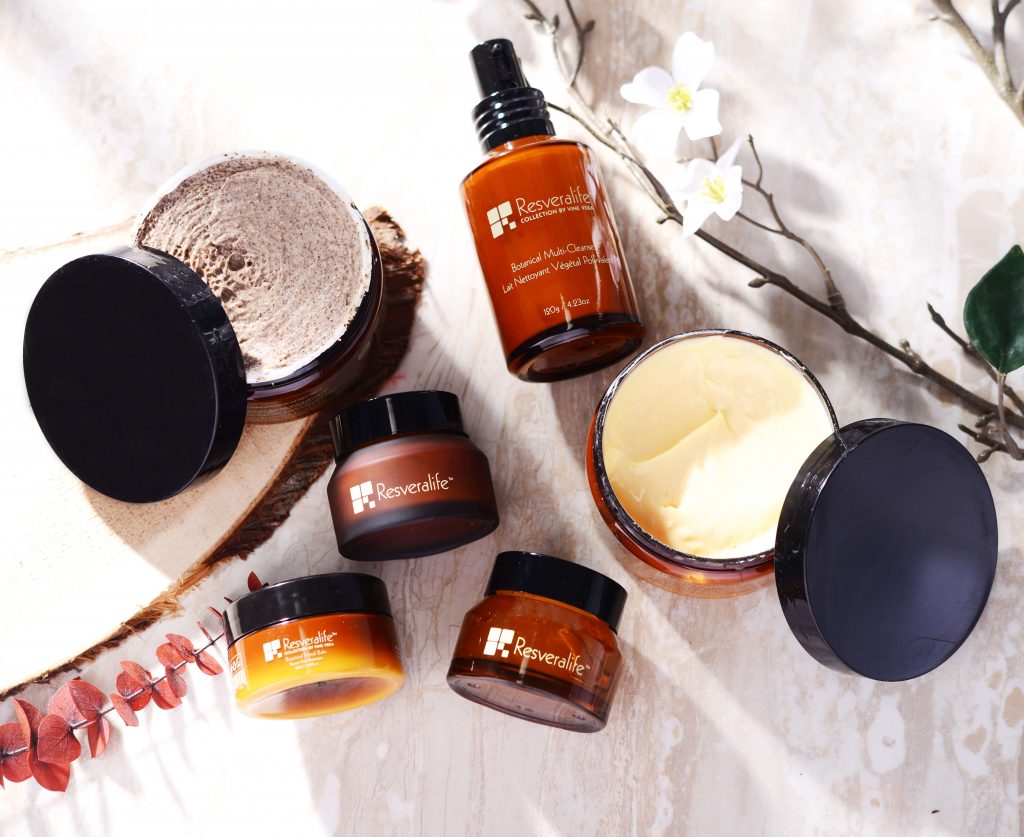
A lot of people nowadays are holding on a little more tightly to their wallets. Not only did the pandemic hit some of us hard financially, but now, inflation is looming in every corner of the world.
Because of these factors, people are trying to spend less money. It looks like over 80% of shoppers around the globe want to reassess their spending habits and be more frugal. We can safely assume that means sacrificing their usual pricey shopping items for alternatives that give them more value.
So, plenty of shoppers are now exploring other options when they shop, whether it’s in the grocery store or their fave beauty retailer. And a lot of these shoppers are looking for more value for money from — you guessed it — private label brands.
Historically, consumers have gravitated toward private label products when the economy isn’t as strong. That’s because there’s a notion that private label products are sold at lower prices, but are still high in quality. And people aren’t wrong.
For example, anti-aging skincare is usually luxurious and expensive, what with all the high-performing vitamins and botanical ingredients found in them. But a private label beauty brand can offer anti-aging moisturizing creams of the same standard for half the price.
Because private label brands are smaller than big-name brands, the prices tend to be more affordable. If that doesn’t scream value for money, we don’t know what does!
Private Label Products are More Readily Available vs Big Brand Names
Remember at the start of the pandemic when there were only rumors of lockdowns and forced quarantine for everyone? People rushed to grocery stores to stock up on toiletries and pantry items to prepare for it. Lots of people ran out of their go-to products, leaving them no choice but to go for what was readily available to them — private label alternatives.
This was another turning point in people’s appreciation of private label products. Because so many products were out of stock for so long, consumers switched to private label. And after trying out these “unknown” brands, they realized they were of high quality too.
There are many reasons why private label products are higher in availability than bigger name brands. It might be because the entrepreneur behind them is diligent about stocking up, or perhaps the products are made by a US-based manufacturer, making imports and production way easier and more frequent.
Whatever the reason may be, private label customer demand has been growing because these products are almost always available when the customer needs them.
This is a good lesson for aspiring business owners. Make sure your products are always in stock. You never know when the customer is looking for a replacement for a big brand that has let them down with low unavailability!
There’s a Wider Variety of Products at the Customers’ Disposal
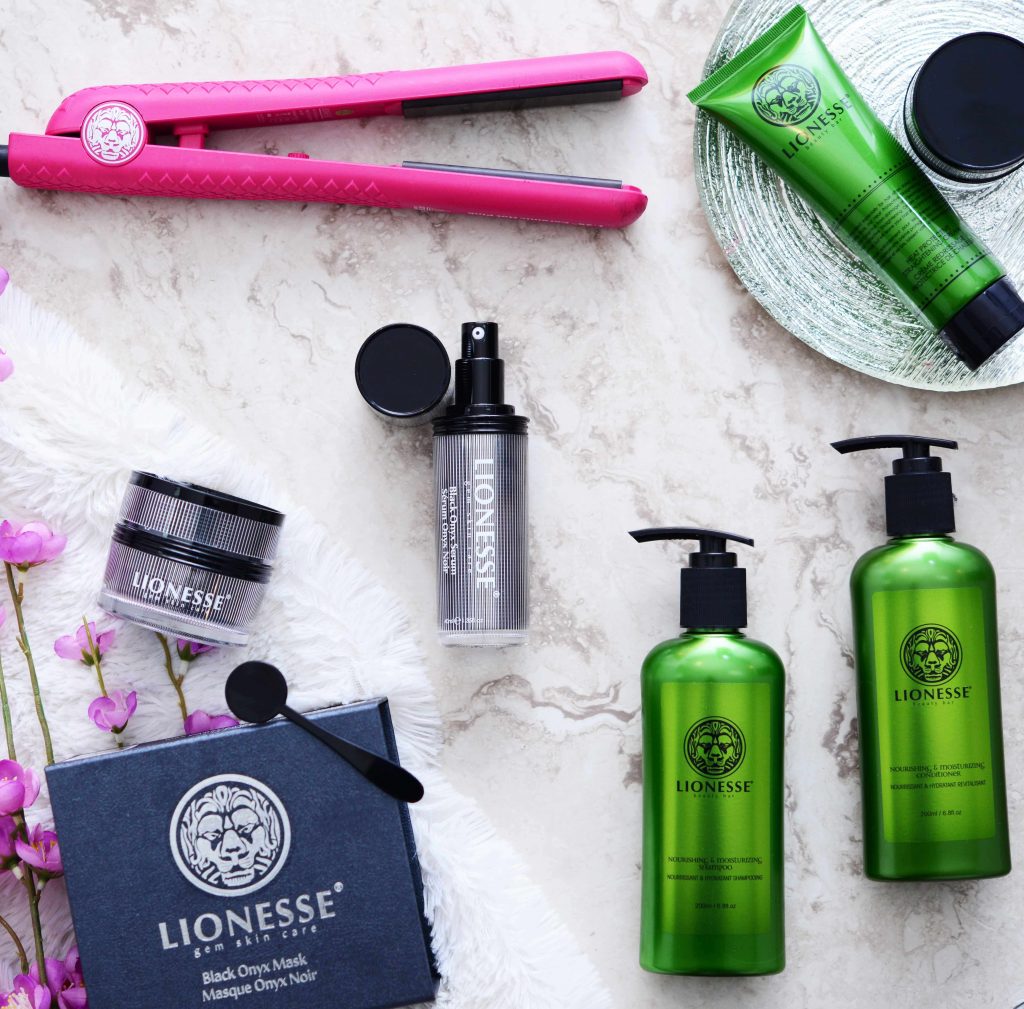
Another thing driving private label customer demand is the fact that these brands are usually one-stop shops for a variety of products. While renowned brands might pride themselves on selling one flagship product that everyone knows, private label brands carry tons of options in their collection.
This is because third-party manufacturers help private label brands expand their portfolio. Manufacturers don’t just produce one product — they likely produce a huge range of goods. This is something a business has access to when they get into private labeling.
For example, FLPL doesn’t just make skincare and beauty products. We also help our businesses with niche self-care products, like bath bombs and even essential oil diffusers.
So, let’s say you were a private label brand focused on selling hair tools, like straighteners and curling wands. By working with FLPL, you can expand to launching a hair care collection to encourage your customers to keep their hair feeling healthy and hydrated after styling with heat.
The fact that you can get multiple products under one brand is very appealing to buyers who don’t want to shop from multiple stores or websites. That’s a huge win for private label customer demand.
People Can Only Get Private Label Products from One Brand
Private label brands have the advantage of exclusivity. Because the formulas are unique, you can only get them from that specific brand. It’s one of the top reasons to private label your cosmetics products.
So, when people start falling in love with a private label product, there’s always going to be just one place or website they can get it from. In short, it’s easy to get people to stay loyal to a private label brand, giving it an uptick in customer demand and sales.
That’s why private label brand owners need to be as creative and innovative as possible when it comes to formulating their products. For example, if you’re in the business of aromatherapy, you might want to create a mind-blowing signature blend that people will love and can only get from your shop.
Or if you’re focusing on skincare, make sure the ingredients you put in your products are unique. Look for ingredients that will give your private label skincare brand an edge, like truffles, coral seaweed, diamonds, and even colloidal gold!
More Private Label Brands are Going Premium
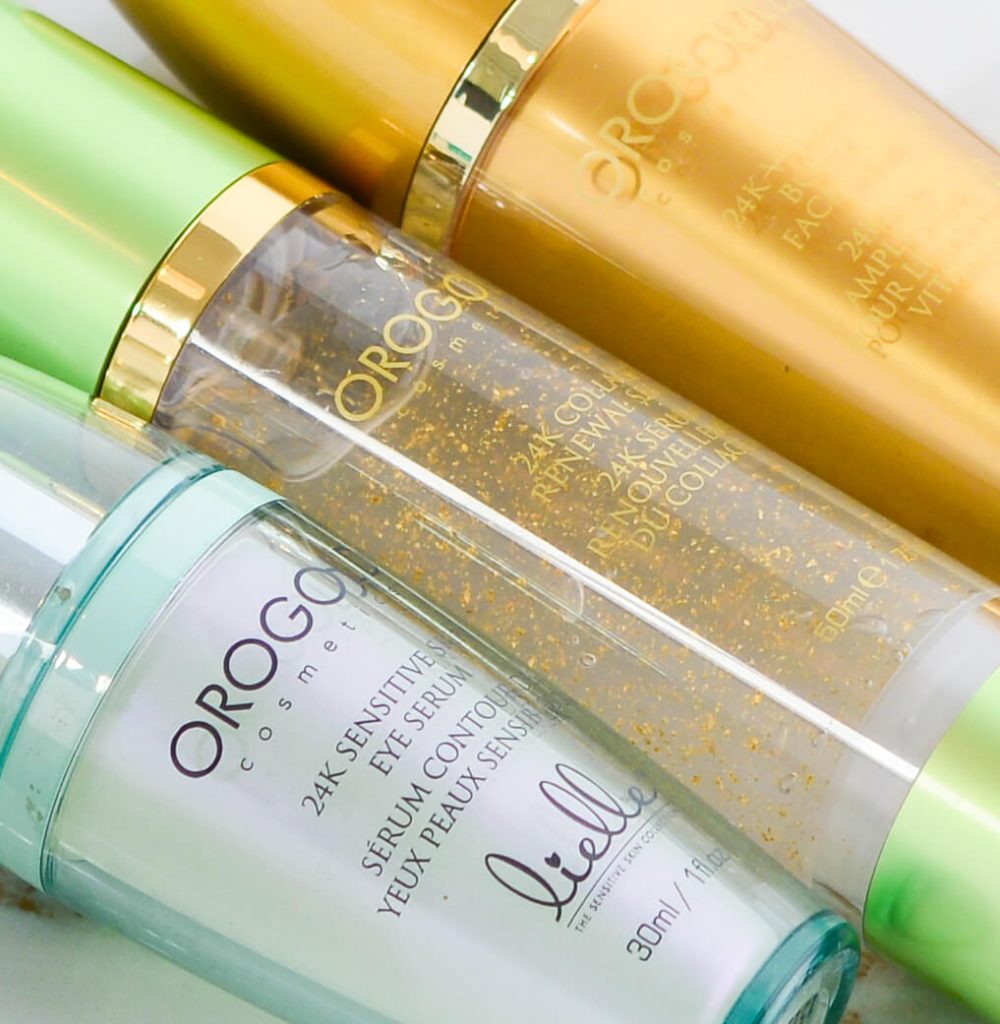
One of the biggest myths about private labeling is that the items are cheap and of low quality. This couldn’t be farther from the truth. Private label brands can offer products of top-notch quality — so high that they can be positioned as premium.
Private label owners have full control over what the final product will look like. That means they have a say in what ingredients to put in, what the thickness and texture of the products should feel like, and more. They also have the freedom to price and position the brand however they want.
It’s because of these reasons that more and more premium private label brands are showing up in the market today, thanks to innovative and creative businesspeople. People are starting to realize that private label products can be luxe and premium too. This then increases customer demand.
Younger Shoppers are Curious to Try Brands They Haven’t Tried Before
Now that Gen Z is starting to enter the workforce and earn their own money, they’re a huge target market to tap for many brands. But what brands are only starting to realize is that this young generation of shoppers doesn’t think the same way as their predecessors.
Gen Z is actually a lot more price-conscious than, say, the average Millennial, who is more concerned about wearing top brands and curating their image. Some experts say this is because they saw how their parents and older friends struggled during the early 2000s financial crisis.
Regardless of the reason why Gen Z shoppers look for value over anything else, it makes one thing clear. Younger shoppers aren’t loyal to brands.
They will always look for whatever fits their budget, which is usually tight as they’re still budding professionals. That means they’re more likely to try out new brands even if they’re not household names.
We think this behavior has the potential to drive private label customer demand even more in the future, if not in the present already. It’s also a good rationale as to why private label brands should consider targeting Gen Z in their campaigns.
Private Label Brands are More Flexible and Can Adapt to What Customers Want
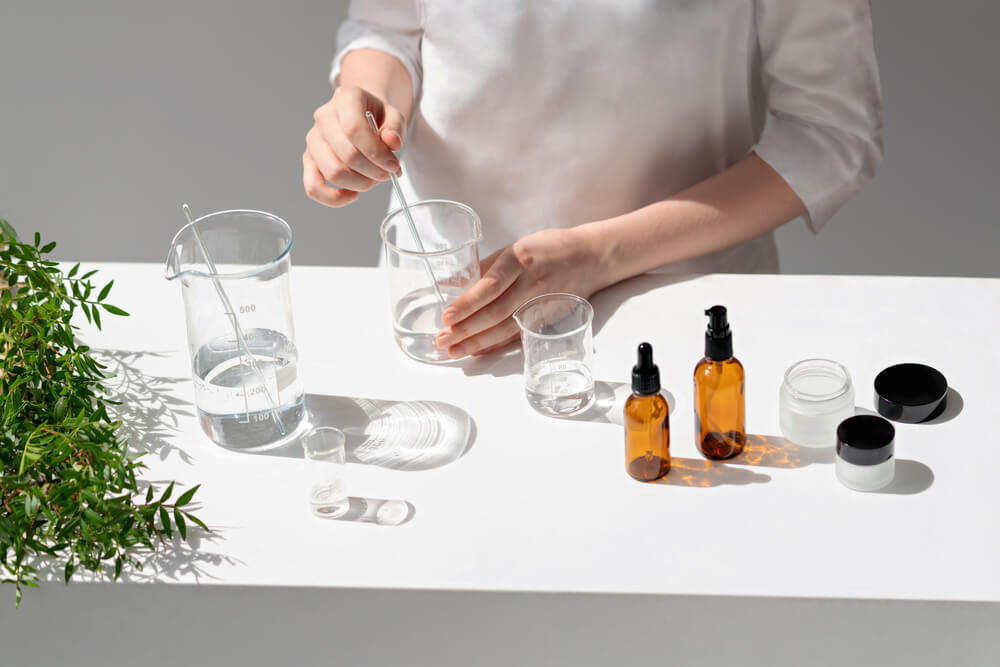
Because private label brands only involve two parties — the brand owner and the private label manufacturer — it’s easy to tweak formulas and adapt to whatever the customer wants.
This isn’t an option for big brand names. Instead, they have to go through rigorous processes to make one adjustment to their products.
Private label brands are more flexible and adaptable. A business owner can spot new trends in the industry or hear feedback from customers about their products. And because operations are relatively small and fast, it’s easy to reach out to the private label manufacturer to change up the formula in a snap. That way, you improve your product and you make your target audience happy.
This may be one reason people are starting to flock to private label brands. They listen to their needs and are responsive to feedback.
Conclusion
When you look at the numbers and consider new shifts in shopping behavior, it becomes crystal clear that private label customer demand is growing by the day.
People (the younger generation especially) want more value for what they pay for and to try out new brands they haven’t in the past. That spells huge demand for private label products, and that could include your neophyte private label cosmetics label!
The best time to launch a new business is now, while private label customer demand is high. It’s not going to be forever. Shopping behaviors change, and people will stop wanting to try out new cosmetics brands when they find a new favorite.
So, don’t waste time! Take the plunge and start your dream cosmetics business now while the demand is high. Contact us, and let’s figure it out together.

